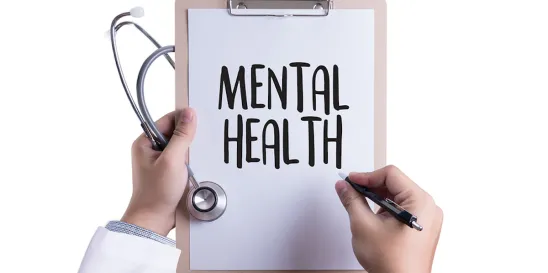We continue our investigation of proposed regulations under the Mental Health Parity and Addiction Equity Act (MHPAEA) issued by the US Departments of Labor, Health and Human Services and the Treasury (the Departments). Our previous MHPAEA content is available here.
The comment period for the proposed regulations closed on October 17, 2023, and one thing is clear: Stakeholders are divided not so much over particulars of the proposal but rather on the broad scope and reach of the rule. The is no doubt that the rule is intended to enact an overarching policy goal of the Biden administration. One need look no further than the administration’s July 25, 2023, fact sheet, which touts the administration’s “comprehensive national strategy to transform how mental health is understood, accessed, treated, and integrated in and out of health care settings.” Nor is there any doubt that the proposed rule is granular and prescriptive, as we previously explained.
While many of the comment letters address the particulars of the rule, certain high-profile comments ask whether it should be adopted at all. On one side are the providers (see the American Hospital Association’s comments, which offer a full-throated endorsement of the rule); on the other are the carriers (see AHIP’s comments, which claim the rule is vague and impossible to administer and calls for its withdrawal.)
If the final rule looks anything like the proposal, there will be a challenge, the particulars of which will likely include one central question: Is the final rule consistent with Congress’ intent in the matter? Dueling comments by the majority and minority members of the House of Representatives Committee on Education and the Workforce and (in the case of the minority) the Subcommittee on Health, Employment, Labor, and Pensions frame the question as follows:
Comment letter of Virginia Foxx, Chairwoman, Committee on Education and the Workforce
Citing MHPAEA’s legislative history, the majority claims that “Congress did not intend to include NQTLs [nonquantitative treatment limitations] when enacting the MHPAEA.” According to the comment letter, “the [MHPAEA] Committee report does not contain one mention of an NQTL.” (While the letter refers to the “Consolidated Appropriations Act, 2021 (CAA),” it does not attach any significance to that law’s requirement for plans and issuers to prepare and furnish on-demand reports detailing their NQTL compliance.) The majority also expresses its view that measuring and analyzing outcomes data is both impractical and exceeds the scope of the law. The majority is perplexed that the Departments believe they have the authority “to require plans to measure outcomes data stems from the statutory language.”
Comment letter of Bobby Scott, Ranking Member, Committee on Education and the Workforce, and Mark DeSaulnier, Ranking Member, Subcommittee on Health, Employment, Labor, and Pensions.
The minority’s comments welcome the proposed rules’ “emphasis on access to behavioral health care” and make the claim that the imposition of rules governing NQTLs is “entirely consistent with the statutory purpose of MHPAEA.” This is made as a bare assertion. They offer no support from the relevant legislative history.
Given the importance that the Biden administration has placed on mental health parity, it’s a safe bet that there will be a final rule that will look substantially like the proposed rule. At least this seems to be the conventional wisdom. Should that come to pass, it is also a safe bet that the rule will be subject to challenge, and the question of what Congress intended about mental health parity will be front and center.




 />i
/>i

